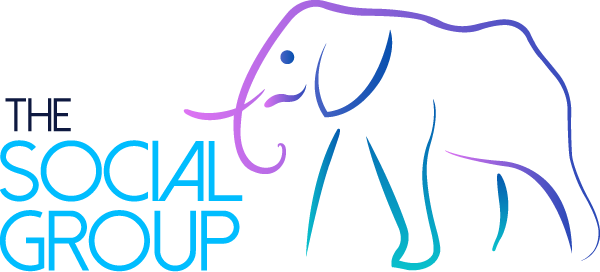Choosing the right social media platforms for your industry: fashion and entertainment
In the fast-paced world of social media, where trends come and go as quickly as a viral video, it's crucial for businesses in various industries to choose the right platforms to showcase their products, services, or talents. Today, we're going to delve into two exciting and visually-oriented sectors: fashion and entertainment. These industries thrive on creativity, aesthetics, and engagement, making it essential to select the most suitable social media platforms for their unique needs.
The Fashion Industry
Instagram - The Visual Powerhouse
When it comes to fashion, Instagram reigns supreme. With its visually-driven interface, this platform allows fashion brands to showcase their products in a highly appealing and interactive manner. The Instagram feed is the perfect canvas for posting high-quality photos and videos of clothing lines, accessories, and fashion shows. Utilizing Instagram Stories, Reels, and IGTV, fashion brands can take followers behind the scenes, share style tips, and even conduct live runway events. Influencer collaborations and user-generated content can further amplify a brand's reach in the fashion world.
Pinterest - The Virtual Mood Board
For fashion brands aiming to tap into the aspirational side of their audience, Pinterest is a treasure trove. Users flock to Pinterest to create mood boards, plan outfits, and discover new fashion ideas. By pinning visually captivating images of their collections, fashion brands can engage with a highly receptive and trend-conscious audience. Pinterest's shopping features also enable direct product discovery and purchase, making it a valuable platform for the fashion industry.
TikTok - Short and Trendy
TikTok's explosive growth has made it a fantastic platform for fashion brands targeting younger, trend-savvy audiences. Short-form videos showcasing outfits, styling hacks, and fashion challenges can go viral overnight, significantly boosting brand visibility. Collaborations with TikTok influencers can amplify reach and credibility within this energetic community.
The Entertainment Industry
YouTube - The Video Hub
YouTube remains a powerhouse for the entertainment industry, offering a platform for creators to upload, share, and monetize their video content. Music artists, filmmakers, and actors can connect with their fans by releasing music videos, behind-the-scenes footage, and exclusive content. The ability to live-stream events, such as concerts or movie premieres, makes YouTube an essential tool for promoting and engaging with audiences in the entertainment sector.
Twitter - Real-time Engagement
Twitter is a go-to platform for staying updated with the latest news and trends in the entertainment industry. Celebrities, studios, and entertainment news outlets use Twitter to share breaking news, interact with fans, and generate buzz around upcoming releases. The platform's real-time nature is perfect for live-tweeting during events like award shows, enabling immediate audience engagement.
Snapchat - Fostering FOMO
Snapchat's ephemeral nature lends itself well to creating a sense of urgency and exclusivity in the entertainment industry. Celebrities and entertainment brands can offer behind-the-scenes glimpses, exclusive sneak peeks, and interactive AR experiences to engage with a younger, tech-savvy audience. The Stories feature is particularly effective for maintaining a constant presence and building anticipation for upcoming projects.
Choosing the right social media platforms for your fashion or entertainment business is a strategic decision that depends on your target audience, content type, and marketing goals. Combining the strengths of multiple platforms can also create a comprehensive social media strategy that reaches a diverse audience. To succeed in these dynamic industries, staying attuned to the latest social media trends and adapting your approach accordingly is essential for continued growth and success.


